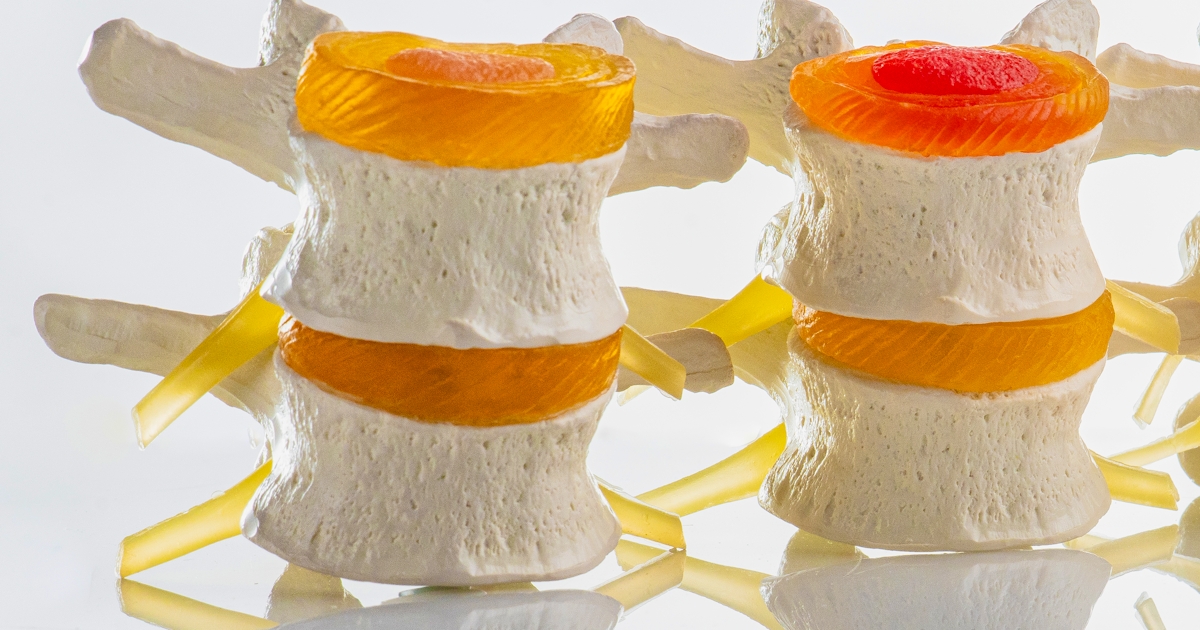
Spinal Decompression & Chiropractic Therapy Helps Relieve Low Back Issues in Arlington
We work with many back pain patients in our Arlington chiropractic office, and Jefferson Spine & Injury Center and our staff uses an assortment of techniques to help get you out of pain and restore your spine's normal, healthy function. We find spinal decompression to be an effective approach.
Understanding Spinal Decompression Therapy
To help you better understand spinal decompression therapy, think of the discs in your spine like water balloons filled with jelly. When you compress them (which occurs due to normal living, sustaining an injury, or other medical conditions), they can protrude, placing pressure on the nerves in your spinal column. This affects your brain's ability to communicate with tissues in the rest of your body.
If the force on the discs becomes too high, the discs can herniate or protrude. This lessens the cushion between your vertebrae and can cause discomfort. The goal of spinal decompression therapy is to reduce this pressure to help restore your body's function and also reduce your level of discomfort.
Can Spinal Decompression Therapy Help Me?
Spinal decompression therapy relieves disc pressure through the use of a specially designed table that gently elongates your spinal column through slow and controlled movements. This reduces the pressure placed on your discs. Some studies state an increase in disc height by as much as 1.3 millimeters after just six weeks of this treatment.
If you're wondering if spinal decompression therapy could help you feel and function better, simply call our Arlington office and schedule an appointment with Jefferson Spine & Injury Center today. Your optimal health is our number one priority!
Resources
Apfel CC, Cakmakkaya OS, Richmond C, et al. Restoration of disk height through non-surgical spinal decompression is associated with decreased discogenic low back pain: a retrospective cohort study. BMC Musculoskeletal Disorders 2010;11(155). doi:10.1186/1471-2474-11-155



